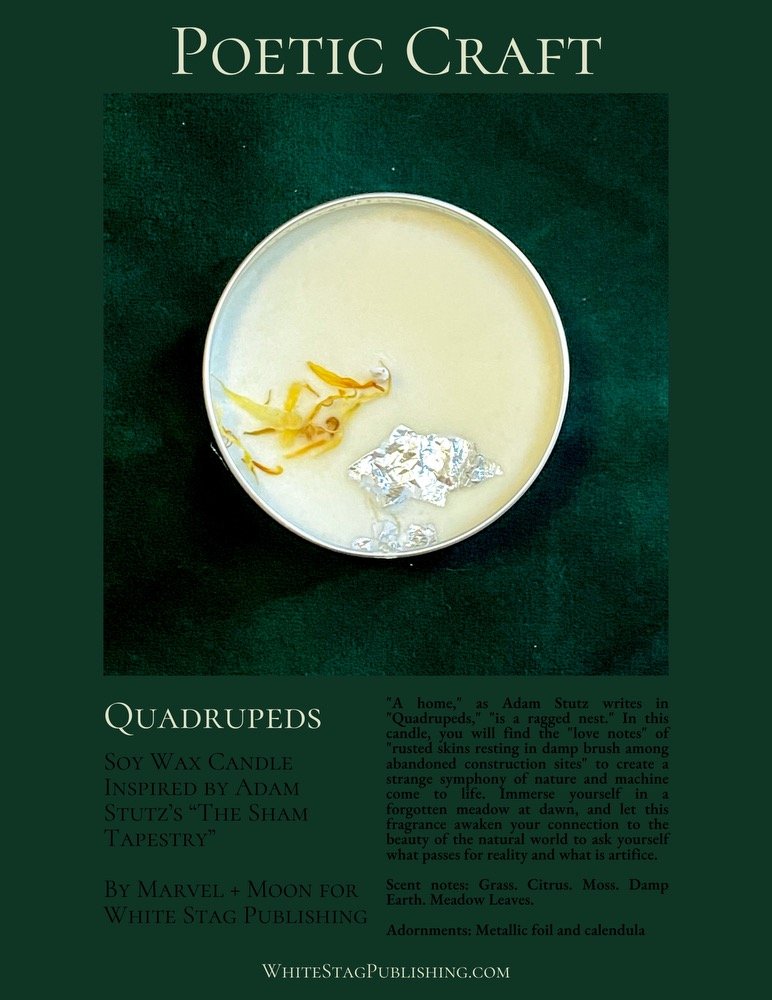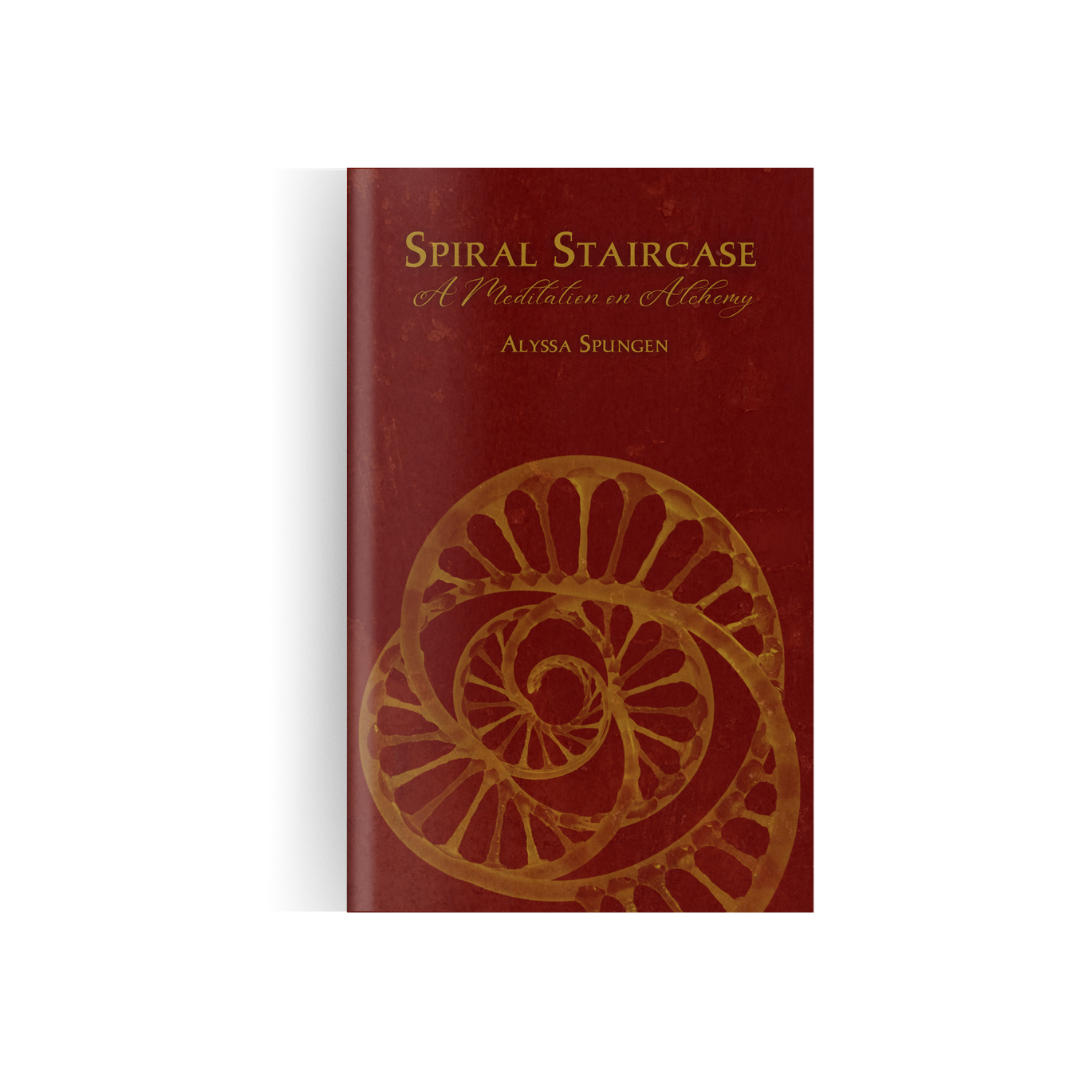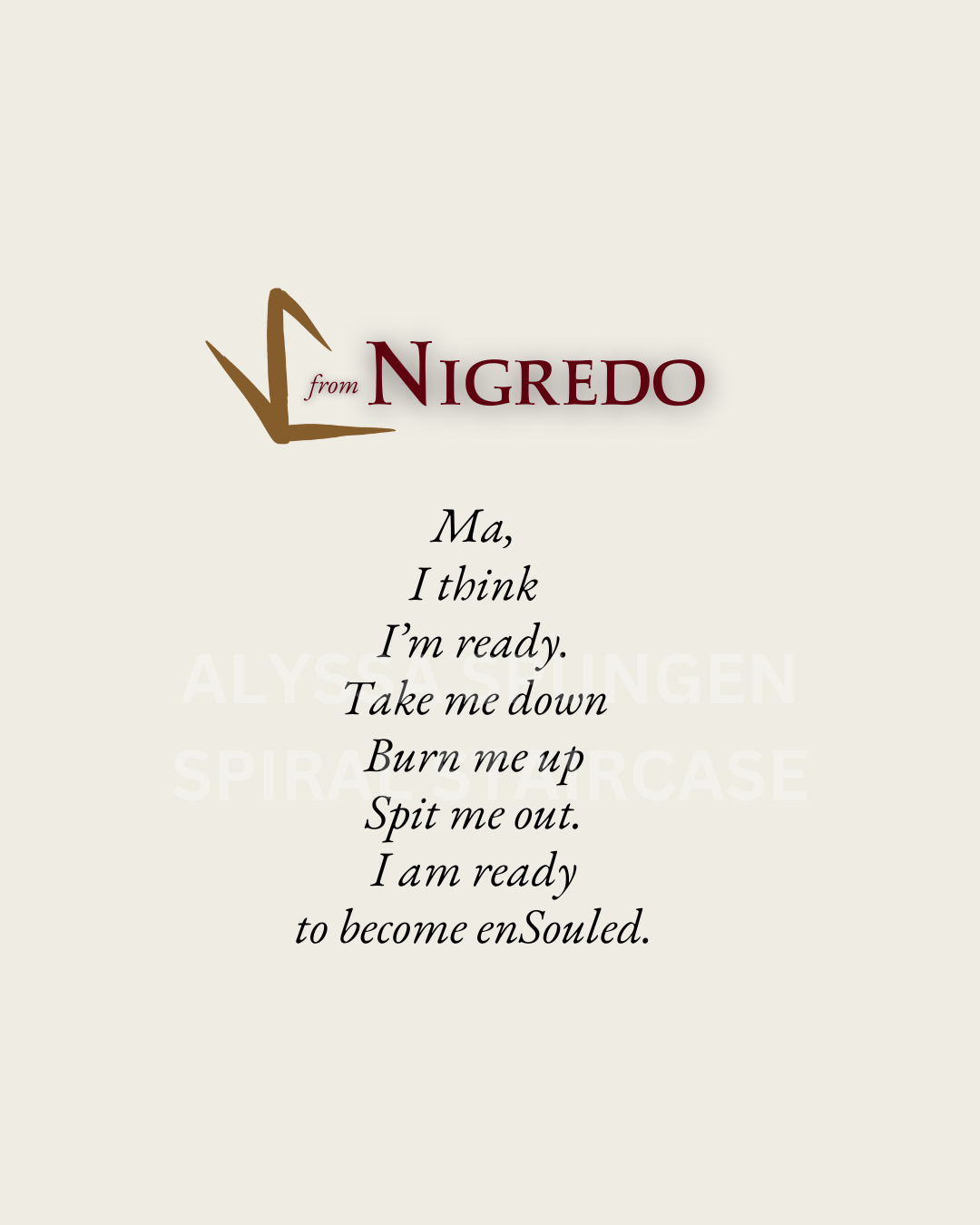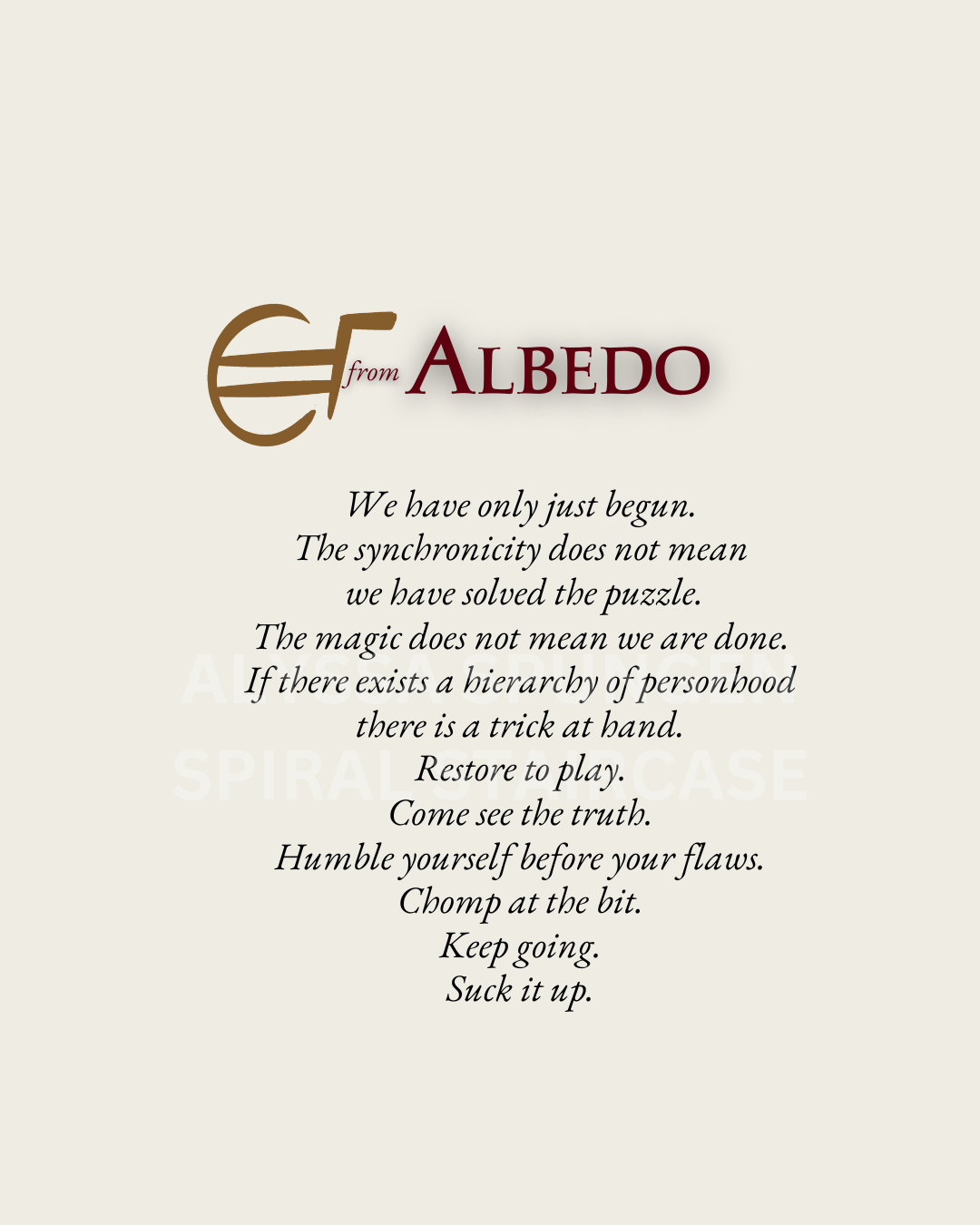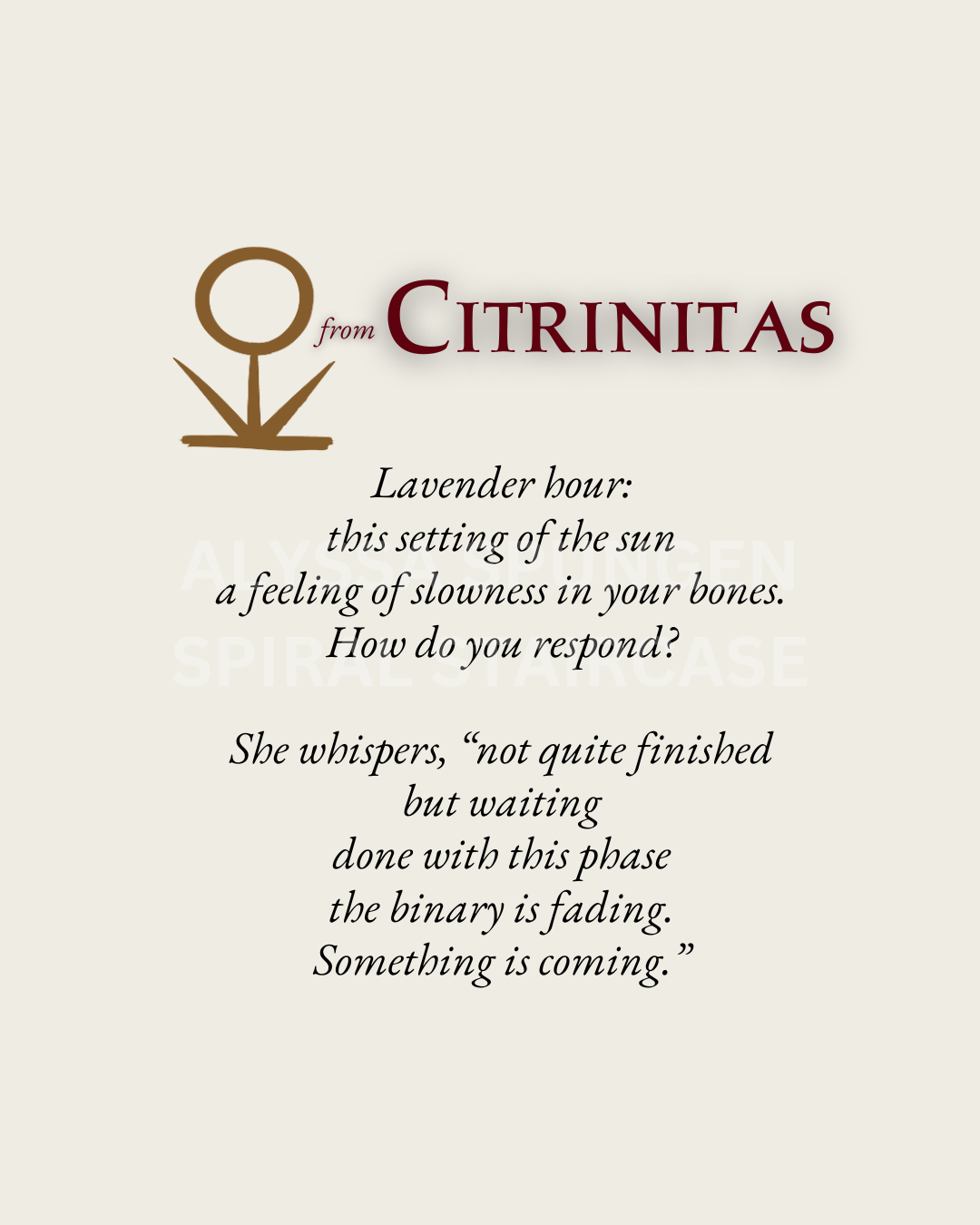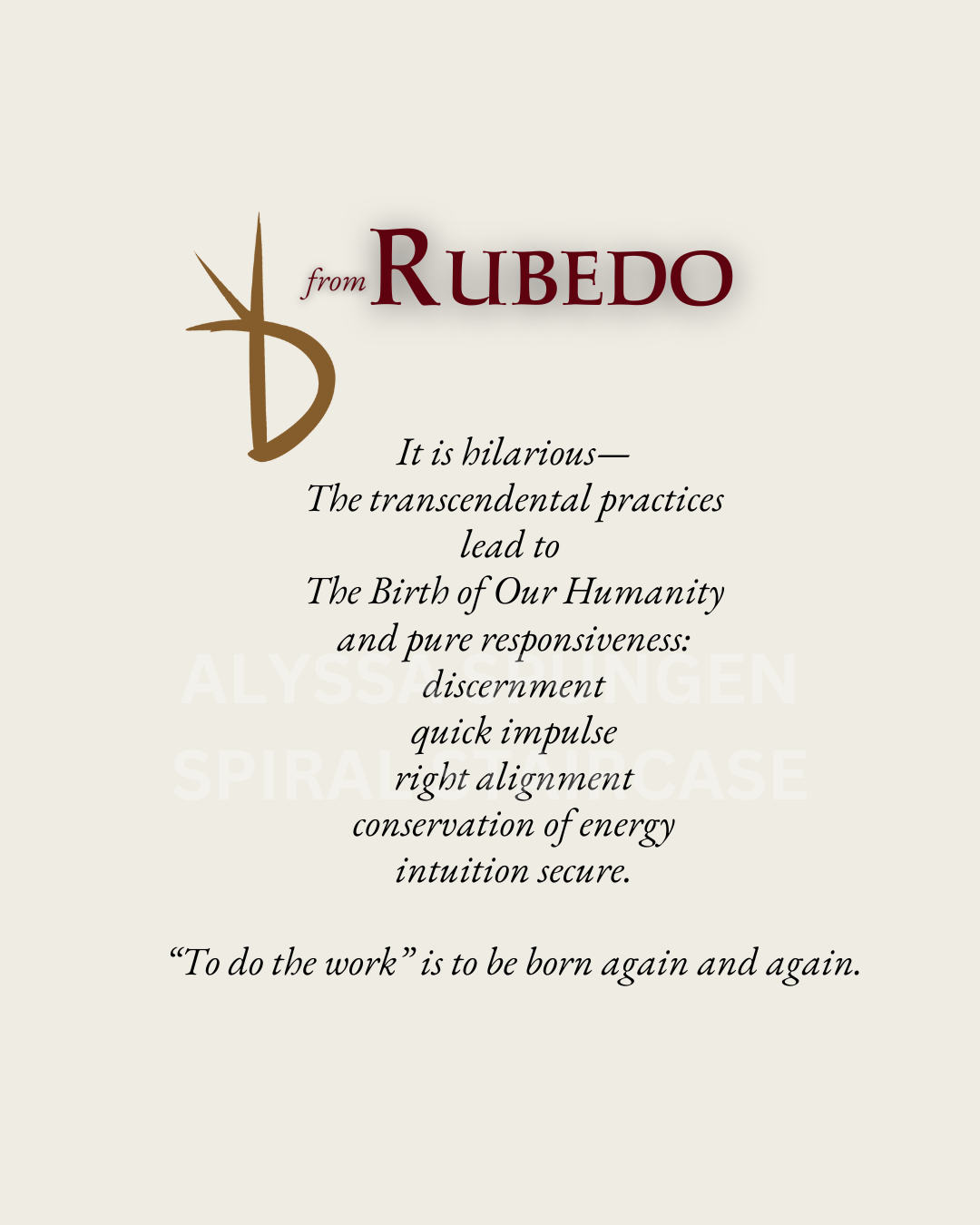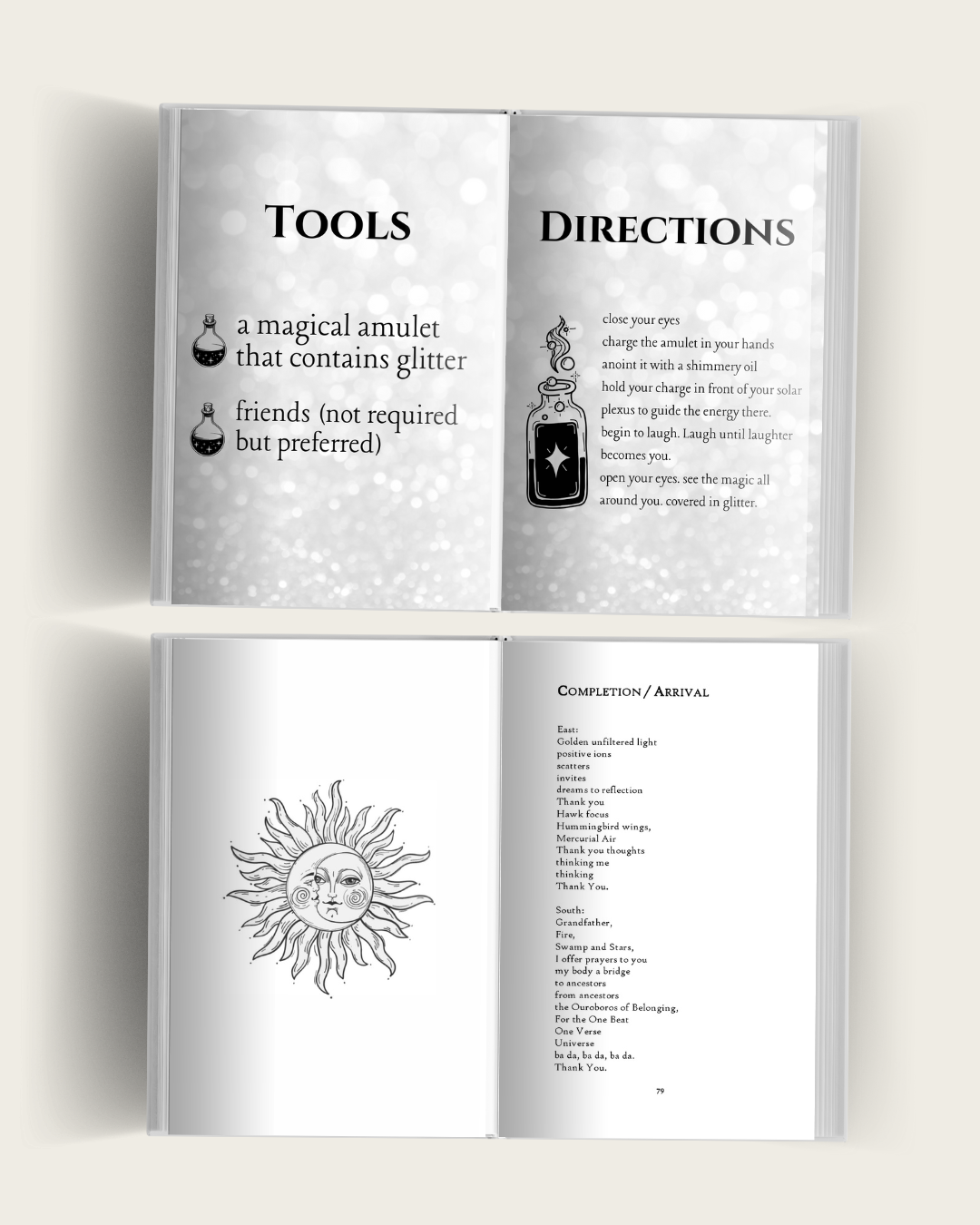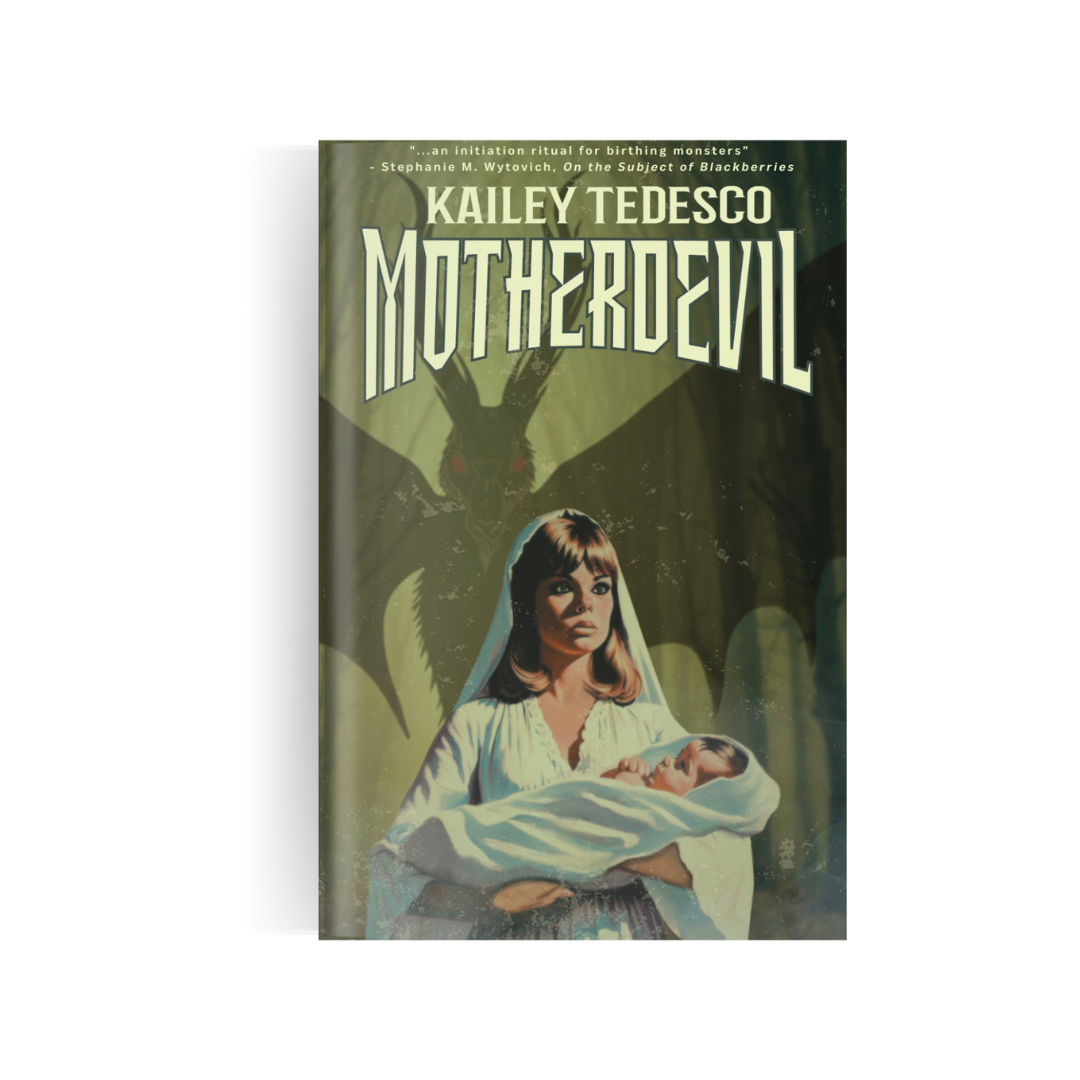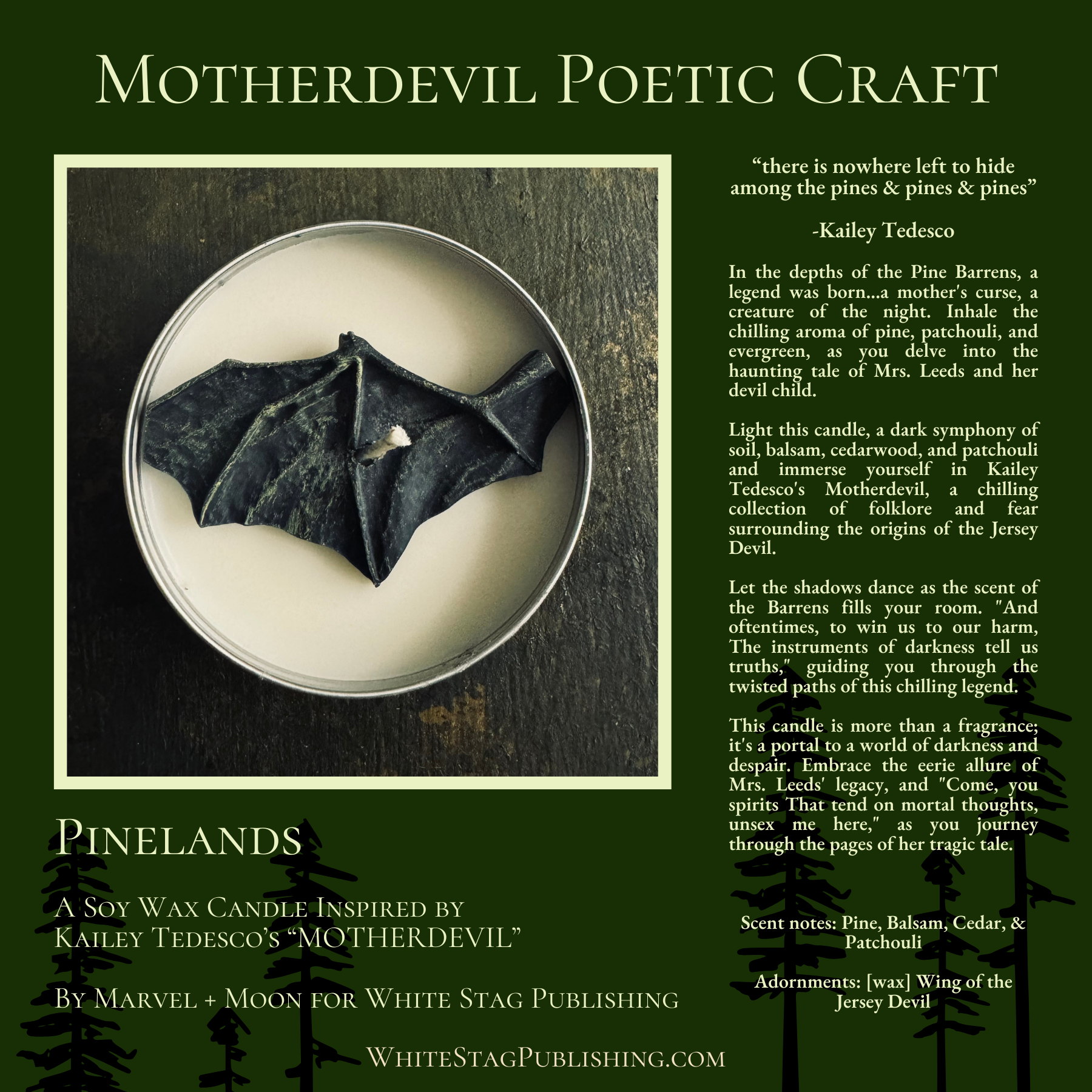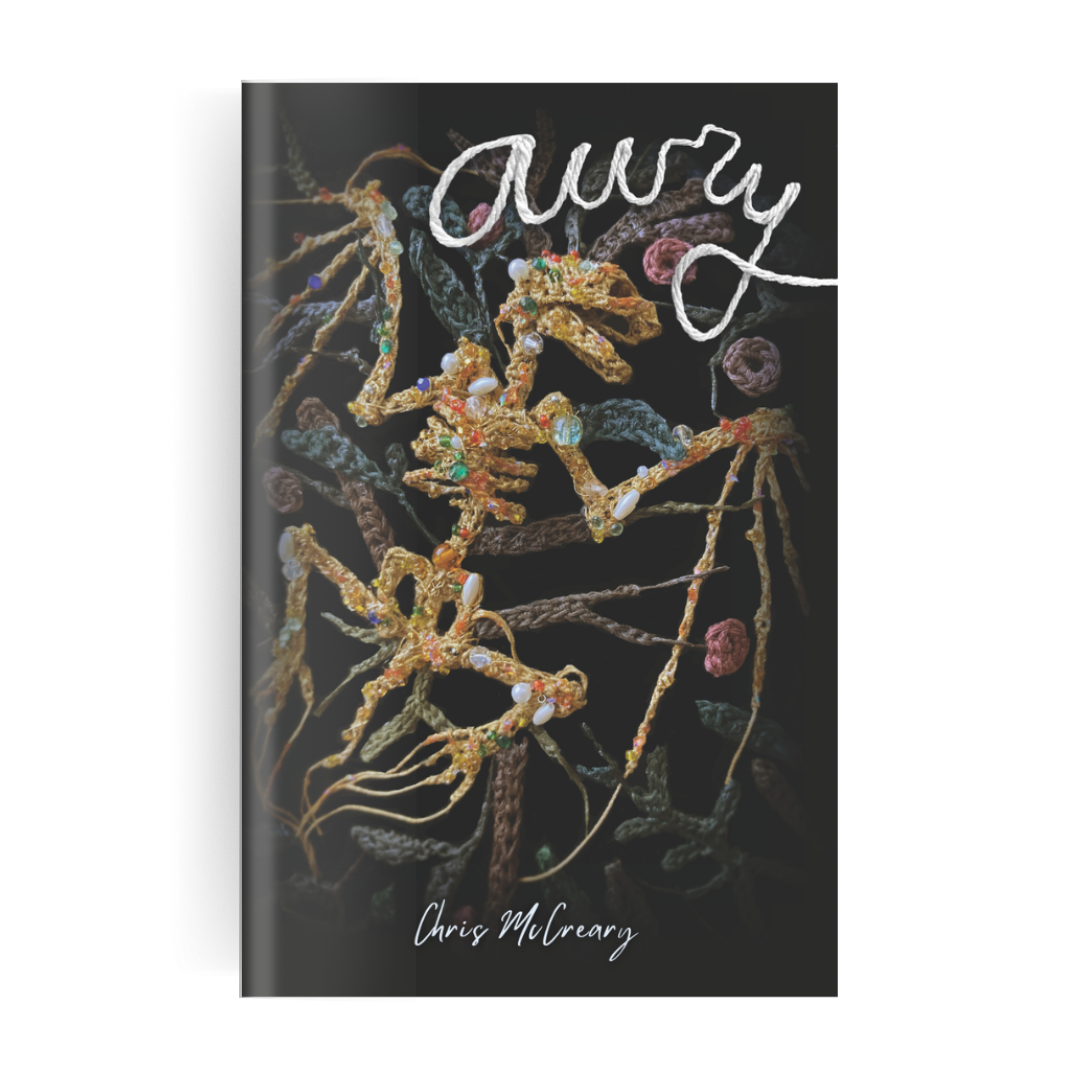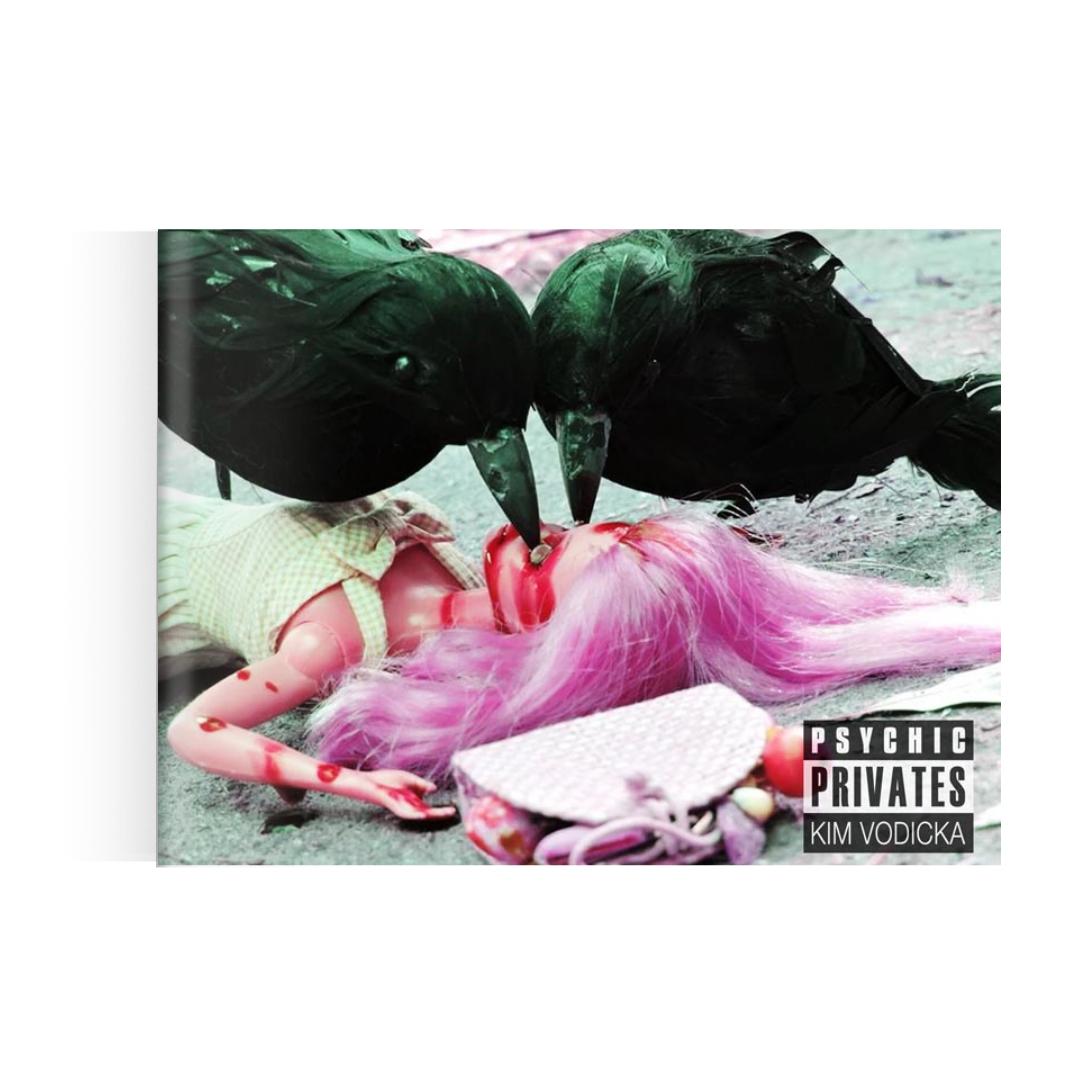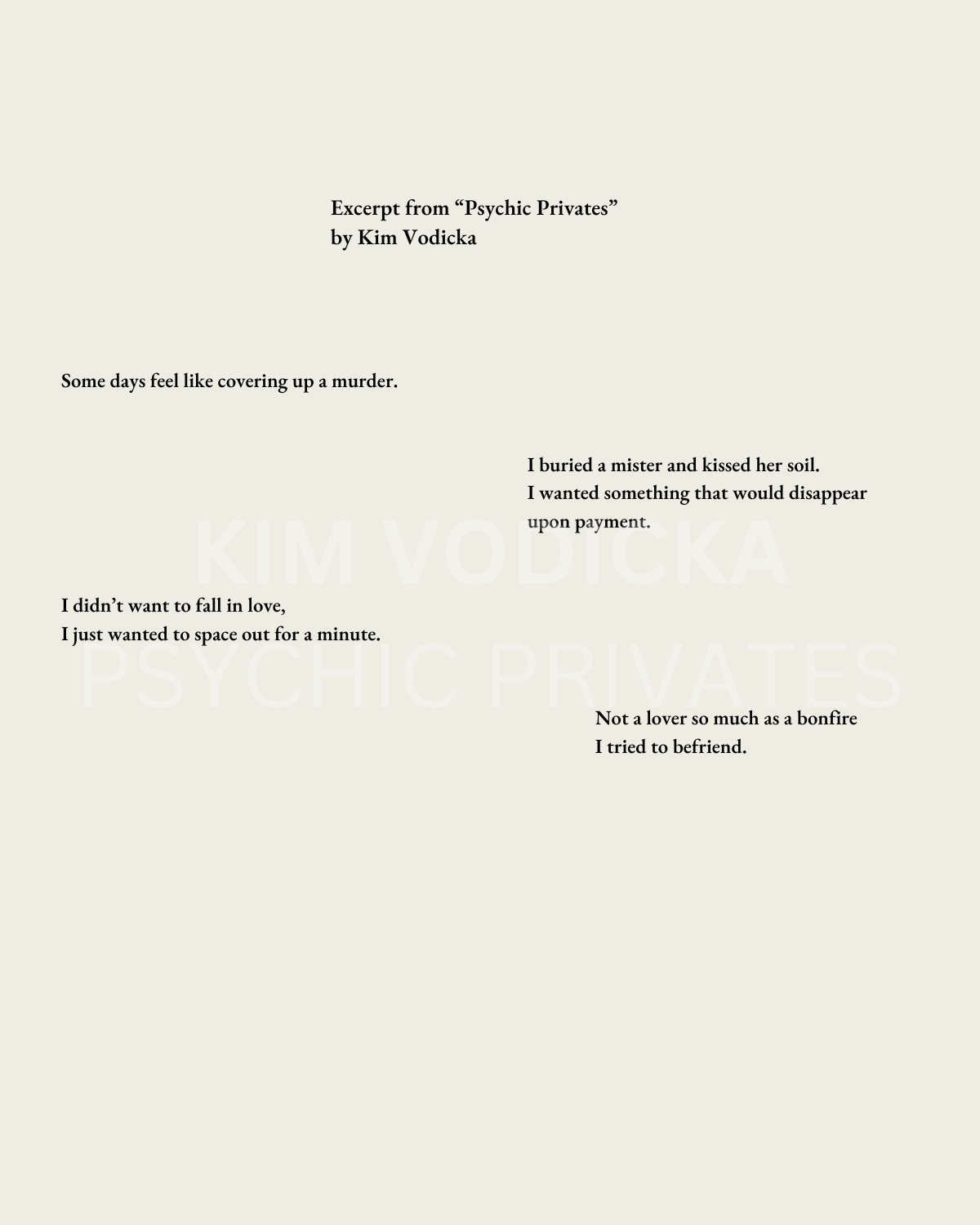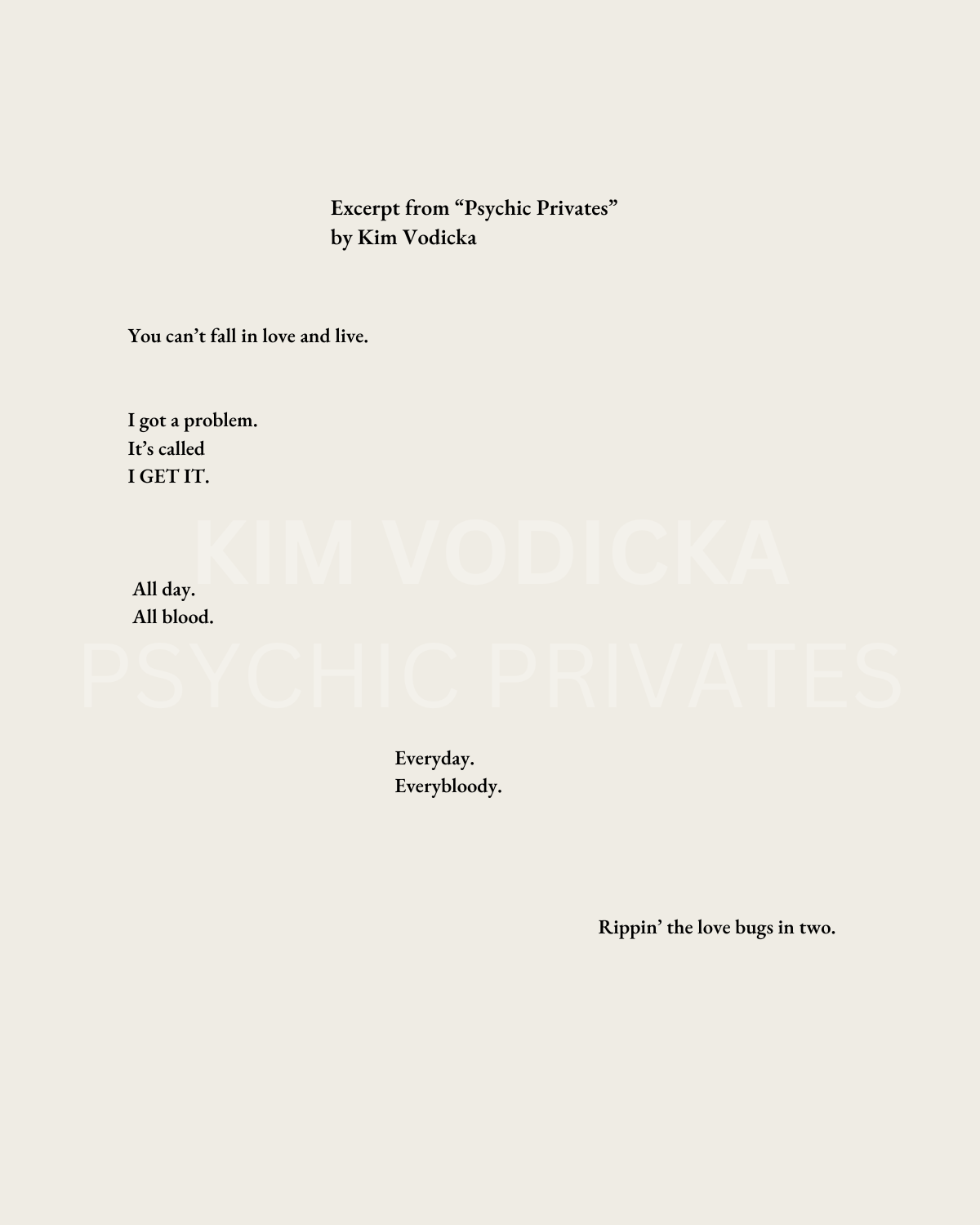The Sham Tapestry
Paperback, 76 Pages
The Sham Tapestry interrogates anxiety & abandonment, each poem operating like a building in disrepair revealing reflections on the absurdity of nostalgia, loss, & ultimately acceptance. Throughout this winding collection, Stutz encounters the anxiety of urban sprawl, the deterioration of psychological infrastructure, and grapples with the feedback loops that muddy our perceptions of reality. As the speaker says, “I would like to need/the relics of my affection/for cataloguing hallmarks of a sham/tapestry stitched with invisible threads/the faux holy light in a pair of hands/holding up an ersatz optimism.” The question becomes will we realize the freedom we seek while “humming the tones of the ashes/we will become”?
COMPUNCTIONS + THEFTS
Paperback, 86 Pages
Compunctions +Thefts is a minimal, jagged book length poem that reads like the scattered shards of glass arranged into a pattern of compulsive thoughts & obsessions. These are sharp aphorisms outlining a map that imagines a city living under the skin of the speaker, drawing on the persistence of our collective unease in our hyper-connected world, noting a nostalgia for a time before that may or may not have existed, stealing what little time exists between the bookends of our lives, & battling the constant specters of cynicism, regret, & complacency.
“Quadrupeds” Soy Wax Candle by Marvel + Moon
Comes in a 3oz. tin
"A home," as Adam Stutz writes in "Quadrupeds," "is a ragged nest." In this candle, you will find the "love notes" of "rusted skins resting in damp brush among abandoned construction sites" to create a strange symphony of nature & machine come to life. Immerse yourself in a forgotten meadow at dawn, & let this fragrance awaken your connection to the beauty of the natural world to ask yourself what passes for reality & what is artifice.
SCENT NOTES: Grass. Citrus. Moss. Damp Earth. Meadow Leaves.
ADORNMENTS: Metallic Foil & Yellow Floras
QUOTES ABOUT THE BOOK:
What’s left after the aftermath of apocalypse? In this ‘pandemic of papercuts’ where ‘buildings breathe’ us, the empty bottles of late capitalism break even the remaining ‘small slash of evening.’ Adam Stutz’s smart, spare, elegiac poems shatter Whitmanian optimism and its collective I into a masochistic we– a conscious voice unafraid to invent adjectives to describe ‘unknowable futures.’ Stutz interrogates this self who longs to feel something in that numb and ‘tender psychosis of nowhere,’ where even pain may be a ‘desirable affliction.’ Recalling Williams’ variable stress and the bright shards of imagism, Stutz’s fragments mobilize into his version of beauty– a collective resistance that refuses resignation– even as it must ‘[hum] the tones of the ashes / we will become.
—Alex Mattraw, author of Raw Anyone, We Fell Into Weather, and Small Siren
The poems in The Sham Tapestry are like time-lapse photographs of rooms, city streets at night, thoughts, computer screens, and the body as it changes, all laid on top of each other and overlapping. Adam Stutz traces “the boxes/ of proximities/ in shuffle rising upwards,” revealing the motion inside and at the edges of stillness. His writing is existential, tender, and full of echoes and indentations. Here is a poet who listens faithfully to “the radio of the inner ear,” understanding that words and lines are reverberations of each other and something outside of language. There’s an elemental quality to these poems and an admirable exploration of the question of honesty in human relations.
—Brent Armendinger, author of Street Gloss and The Ghost in Us Was Multiplying
Adam Stutz is a musician of words. Sometimes grooving, sometimes stuttering, always precisely syncopated, his inevitably revealing phrases follows the turns and shocks and hidden pathways of the mind and its struggle to make satisfying connection with the world. He takes what’s inside (the head and heart, the beat) and tries with it to create places where it might be possible to breathe, to thrive, to develop meaningful connections with others in all their complexity, trouble, and possibility.
—Mark Wallace, author of The End of AmericaBook 8







